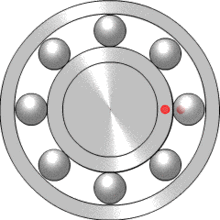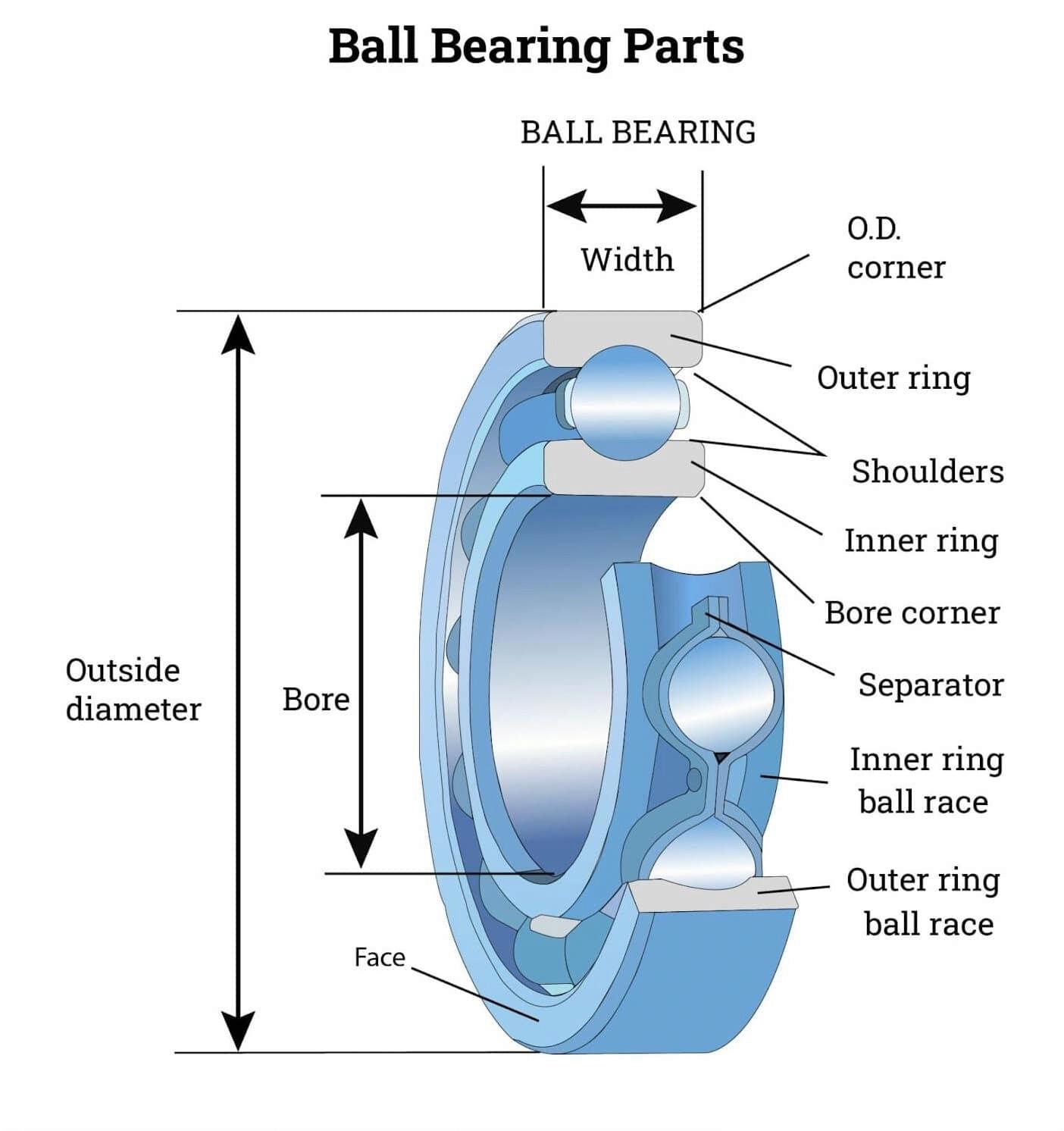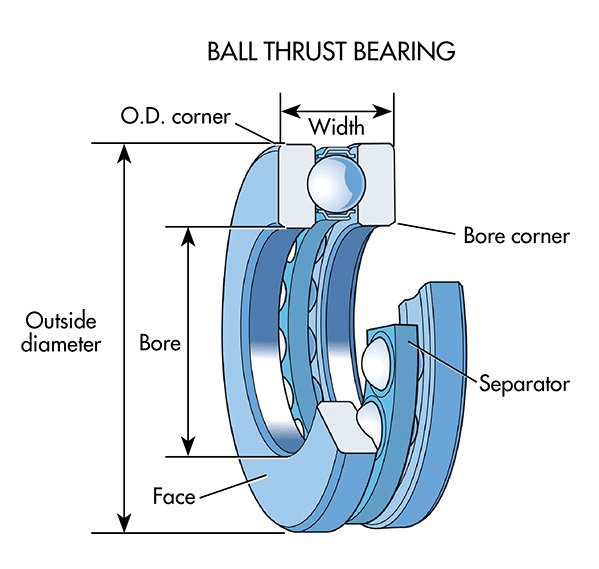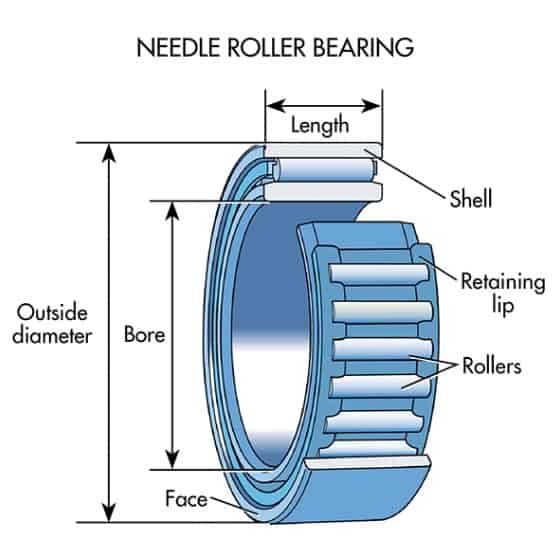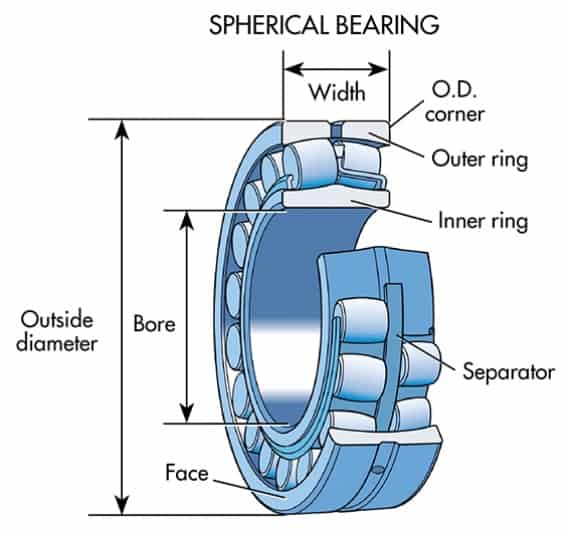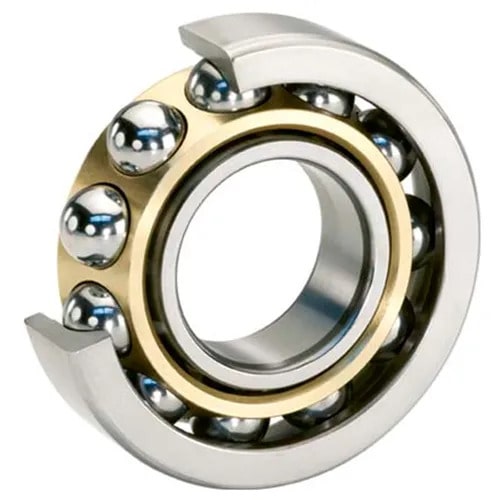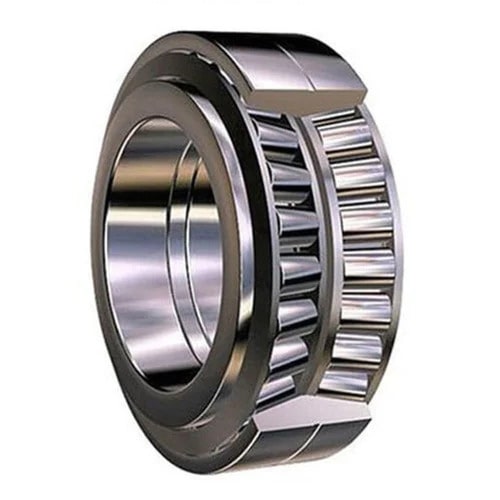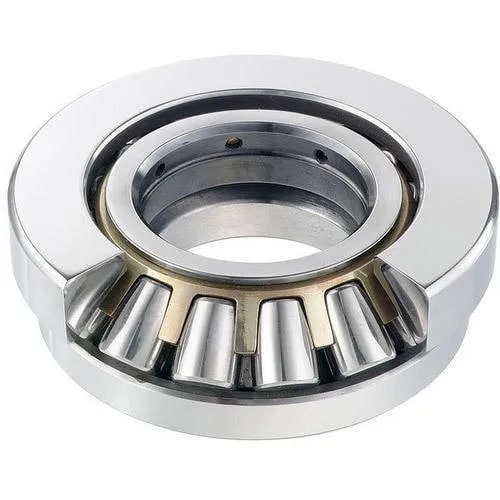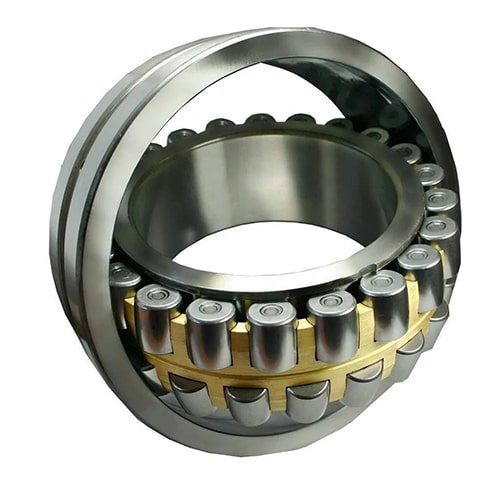Types of bearings
A smoother, calmer, more efficient, less friction and accurate life
Some important features of industrial bearings are:
Precision: industrial bearings must be precise so as not to cause small errors in the transmission of power and movement.
Resistance to load and pressure: Bearings must be able to withstand different loads and pressures.
Abrasion resistance: These parts should have little wear and erosion so that the useful life of the bearing is longer.
Durability: industrial bearings must work for a long time in harsh environmental conditions.
Temperature tolerance: Bearings must work at different temperatures and are made of quality materials to withstand high or low temperatures.
Maintaining smooth movement: Bearings should be designed in such a way that the movement relative to them is smooth and create minimal friction.
Precision: industrial bearings must be precise so as not to cause small errors in the transmission of power and movement.
Resistance to load and pressure: Bearings must be able to withstand different loads and pressures.
Abrasion resistance: These parts should have little wear and erosion so that the useful life of the bearing is longer.
Durability: industrial bearings must work for a long time in harsh environmental conditions.
Temperature tolerance: Bearings must work at different temperatures and are made of quality materials to withstand high or low temperatures.
Maintaining smooth movement: Bearings should be designed in such a way that the movement relative to them is smooth and create minimal friction.
Some important features of industrial bearings are:
Precision: industrial bearings must be precise so as not to cause small errors in the transmission of power and movement.
Resistance to load and pressure: Bearings must be able to withstand different loads and pressures.
Abrasion resistance: These parts should have little wear and erosion so that the useful life of the bearing is longer.
Durability: industrial bearings must work for a long time in harsh environmental conditions.
Temperature tolerance: Bearings must work at different temperatures and are made of quality materials to withstand high or low temperatures.
Maintaining smooth movement: Bearings should be designed in such a way that the movement relative to them is smooth and create minimal friction.
Precision: industrial bearings must be precise so as not to cause small errors in the transmission of power and movement.
Resistance to load and pressure: Bearings must be able to withstand different loads and pressures.
Abrasion resistance: These parts should have little wear and erosion so that the useful life of the bearing is longer.
Durability: industrial bearings must work for a long time in harsh environmental conditions.
Temperature tolerance: Bearings must work at different temperatures and are made of quality materials to withstand high or low temperatures.
Maintaining smooth movement: Bearings should be designed in such a way that the movement relative to them is smooth and create minimal friction.
- The type and design of bearings varies according to the actual needs of each industrial application. Choosing and using the right bearing for any industrial application is vital and has a great impact on the performance and useful life of machinery.
Industrial bearings are produced in a wide variety of dimensions, construction materials, and capabilities to meet the needs of different industries. Choosing the right type of bearing depends on the type of load, speed, temperature, and environmental conditions.
All kinds of industrial bearings
There are different types of industrial bearings that are used for different purposes in the industry. Below are some common types of industrial bearings:
Deep groove bearings: These types of bearings consist of an inner ring and an outer ring, between which there are a series of balls or rollers. They are suitable for axial (horizontal) and radial (vertical) loads.
Conical bearings: These types of bearings have a conical shape and are suitable for bearing axial and radial loads. They are also known as tipper bearings in some cases.
Ball Bearings: Ball bearings have ball rollers inside the inner ring and the outer ring. These types of bearings are suitable for light and medium loads and are available in different types of dimensions and structures.
Deep Groove Bearings: These types of bearings have one or more deep grooves in the inner ring and outer ring. They are suitable for radial and compound loads.
Spherical bearings: these types of bearings have conical outer and inner rings and are suitable for bearing large and combined loads.
Spherical bearings: These types of bearings are used for radial and combined loads and have spherical rollers.
Deep groove bearings: These types of bearings consist of an inner ring and an outer ring, between which there are a series of balls or rollers. They are suitable for axial (horizontal) and radial (vertical) loads.
Conical bearings: These types of bearings have a conical shape and are suitable for bearing axial and radial loads. They are also known as tipper bearings in some cases.
Ball Bearings: Ball bearings have ball rollers inside the inner ring and the outer ring. These types of bearings are suitable for light and medium loads and are available in different types of dimensions and structures.
Deep Groove Bearings: These types of bearings have one or more deep grooves in the inner ring and outer ring. They are suitable for radial and compound loads.
Spherical bearings: these types of bearings have conical outer and inner rings and are suitable for bearing large and combined loads.
Spherical bearings: These types of bearings are used for radial and combined loads and have spherical rollers.
The main capabilities of industrial bearings
Movement and power transmission: Bearings act as elements that transmit power in rotating and moving axes. This capability allows industrial machines and devices to operate efficiently and accurately.
Reducing friction and wear: Bearings help to reduce wear between moving and fixed surfaces by reducing friction. This feature reduces energy losses and increases the useful life of the bearing.
Load bearing: Bearings have the ability to bear different loads. From light load bearings in small applications to heavy duty bearings in heavy industrial machinery.
Accuracy and maintenance: Industrial bearings are known as high-precision elements that require precise adjustments. Also, their maintenance is also important in the industry to increase their useful life.
Resistance to environmental conditions: Bearings must be resistant to environmental conditions such as heat, cold, humidity and dust in order to function well in various industrial environments.
Order and sound: industrial bearings must work correctly and without order and sound. Any noise or irregularity in bearing performance may lead to performance problems.
Reducing friction and wear: Bearings help to reduce wear between moving and fixed surfaces by reducing friction. This feature reduces energy losses and increases the useful life of the bearing.
Load bearing: Bearings have the ability to bear different loads. From light load bearings in small applications to heavy duty bearings in heavy industrial machinery.
Accuracy and maintenance: Industrial bearings are known as high-precision elements that require precise adjustments. Also, their maintenance is also important in the industry to increase their useful life.
Resistance to environmental conditions: Bearings must be resistant to environmental conditions such as heat, cold, humidity and dust in order to function well in various industrial environments.
Order and sound: industrial bearings must work correctly and without order and sound. Any noise or irregularity in bearing performance may lead to performance problems.
